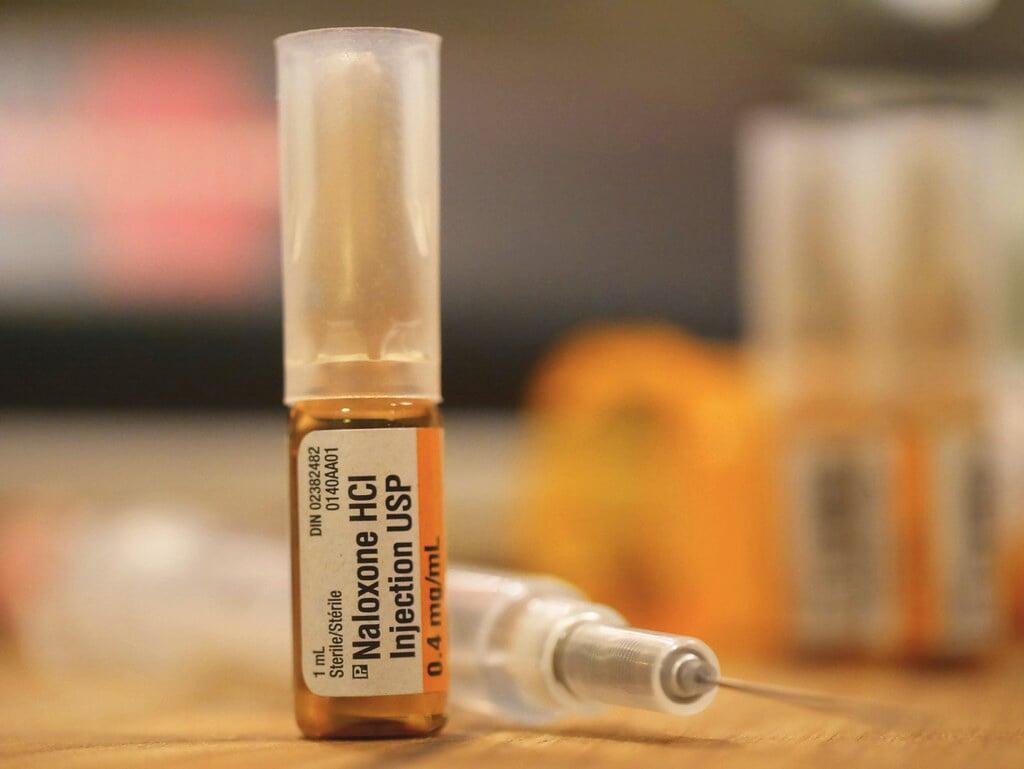THE PROBLEM: OPIOID INDUCED RESPIRATORY DEPRESSION
Opioid Induced Respiratory Depression (OIRD) is a serious concern associated with the use of opioid medications. When opioids bind to receptors in the brainstem, they can suppress the body's natural drive to breathe, potentially leading to shallow or slowed breathing, and in severe cases, respiratory arrest. Naloxone is the gold standard in treating opioid induced respiratory depression, but it has limitations.

LIMITATIONS OF NALOXONE ALONE
1. Short Half-Life: Naloxone has a relatively short duration of action compared to many opioids, requiring careful monitoring and possibly repeated dosing to prevent recurrence of respiratory depression.
2. Potential for Rebound Respiratory Depression: In some cases, the rapid reversal of opioid effects by naloxone can lead to a transient period of rebound respiratory depression, necessitating ongoing monitoring and supportive care.

